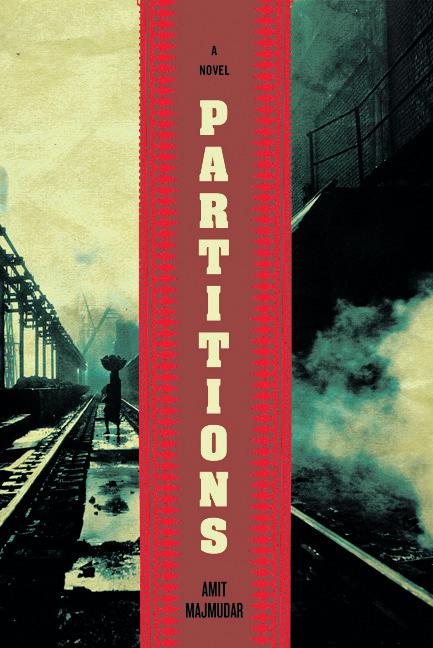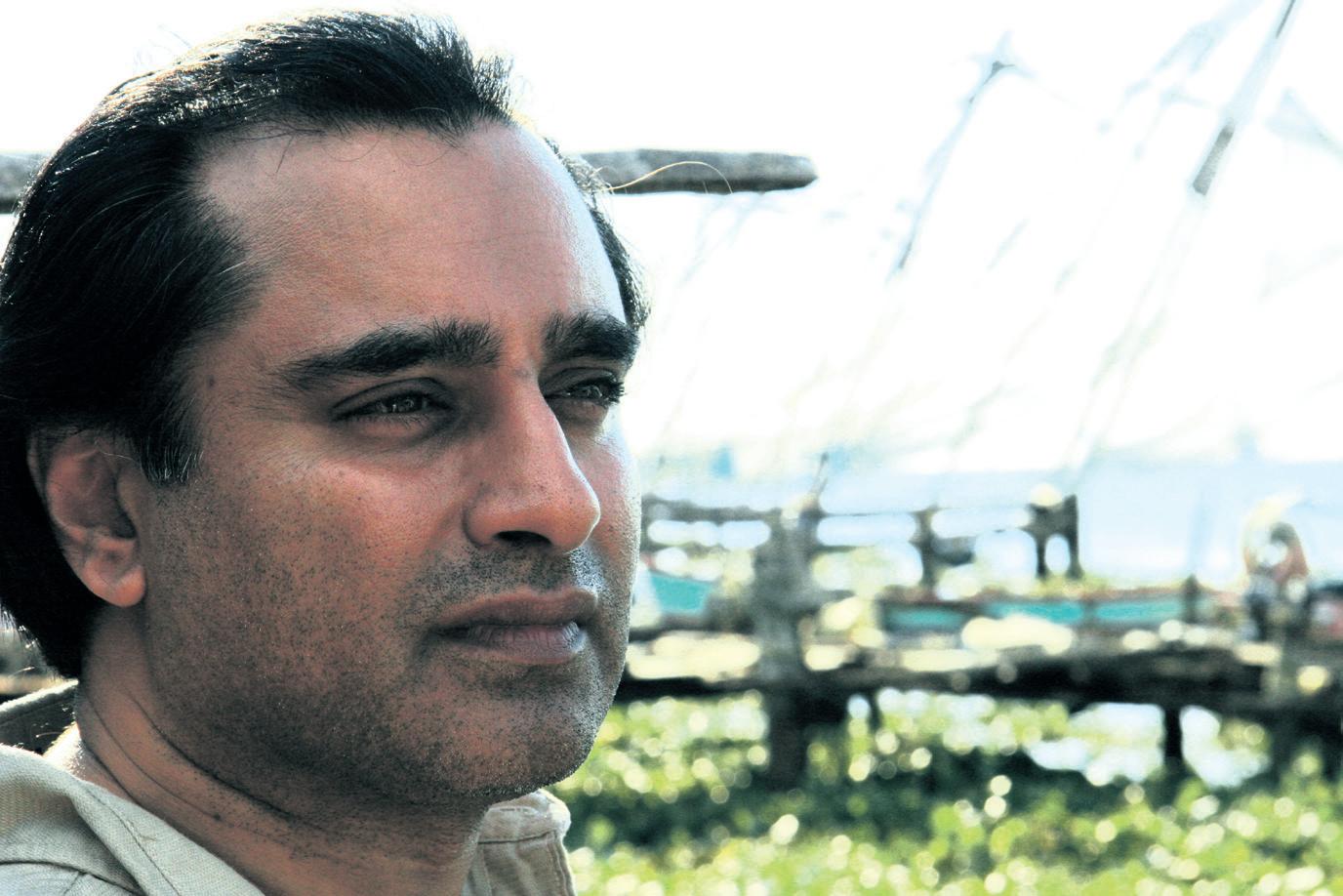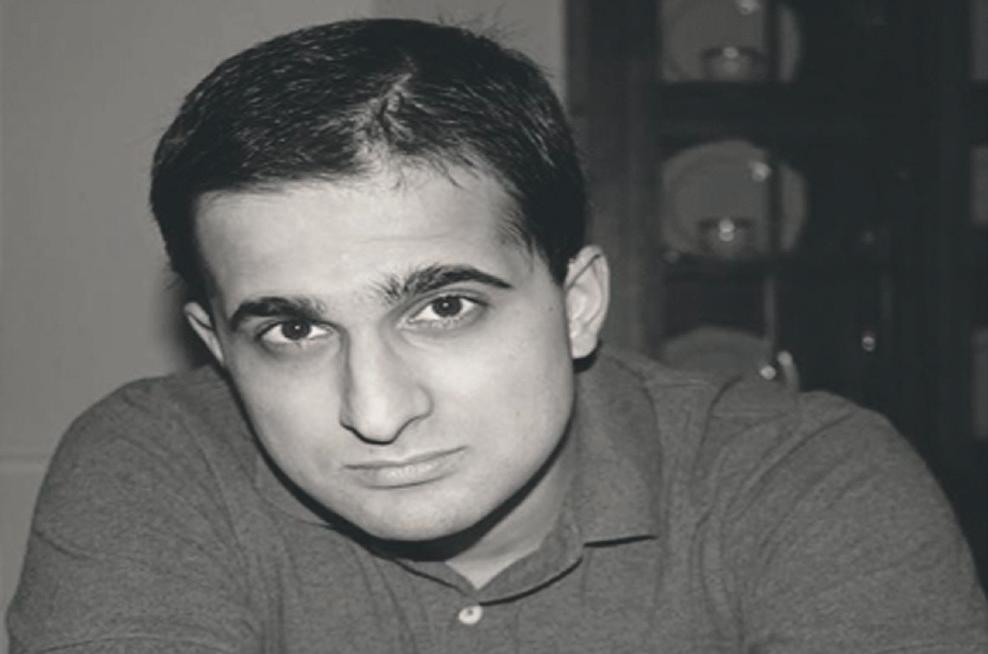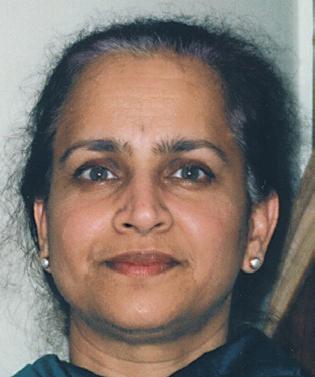
3 minute read
Partition and the present
from 2012-02 Sydney (1)
by Indian Link
Two
BY CHITRA SUDAARSHAN
Two books by Indian origin authors published recently – albeit in the US and the UK – are Partitions, by Amit Majmudar, and India, by Sanjeev Bhaskar, based on his 4-part series for the BBC and published by it. It was perhaps on account of the fact that there were no Indian editions (yet) that they were not prominently displayed in Indian bookshops. Be that as it may, the books occupied pride of place in Singapore bookshops, and that is what drew my attention to them during my recent travels.
There have been some great Partition novels over the years – in English and in the vernacular. Khushwant Singh’s Night Train to Pakistan, Saadat Hasan Manto’s poignant novels in Urdu, those of Rushdie, and Bhisham Sahni’s in Hindi, come to mind. 15 million people were displaced during the partition in 1947 – a movement of such epic proportions that it is hard to find a parallel. Perhaps a million people lost their lives in this frenzy of ethnic cleansing. This new novel by Amit Majmudar, an Indian origin doctor in the United States, offers another perspective. The book, called simply Partitions (published in 2011), looks at the lives of four people on their way to India and Pakistan, and the unlikely bond that develops among them when they chance to meet along the newly created border.

The story is narrated by the ghost of a doctor – a pulmonologist, to be precise – who narrates the story of the four protagonists, two of whom are his twin sons Keshav and Shankar who become separated from their mother in the huge melee during their trek with hundreds of thousands of others to India from the newly created Pakistan. They begin their search for their mother, and on the way they meet the young devout Sikh girl Simran Kaur, who has run away from her family’s suicide pact, for they would rather die than see their daughter violated. She is taken by a trio of human traffickers. Then there is the Muslim doctor Ibrahim Masud, who limps towards Pakistan rediscovering on the way his role as a healer. As the displaced face a variety of horrors, this unlikely quartet comes together, defying every rule of selfpreservation, to forge a new future – of hope.
The author focuses on the lives of the four protagonists, their travel for a brief distance amidst the fury, chaos and violence of partition. His narrative’s focus is not on the epic journey, but is a lyrical description of the deep emotions and travails of this small group of people. It is soaked in poignant philosophical observations about the human predicament, and what humans do when placed in difficult circumstances. While it does not shy away from the horrors of the period, it does highlight more the moments of shared humanity.
Amit Majmudar’s lyrical prose draws us inexorably into the lives of this strange quartet, and we find ourselves travelling with them – at times angry and at times sad, but with a heightened sense of sympathy for all people rent asunder by an arbitrary border. This is an extraordinarily fine first novel.
Amit Majmudar is a diagnostic nuclear radiologist in Dublin, Ohio; he worked in Cleveland before that.
Sanjeev Bhaskar, of The Kumars at No 42 fame, and before that of Goodness Gracious Me etc, produced a 4-part travel series on India for the BBC a few years ago – mainly on the lasting legacy of the Raj (the DVD of which is available in ABC shops for those who may be curious about what it had to say). It has been published as a 288-page book by the BBC and touted as “one man’s personal journey”.
In the book India, Bhaskar traces his Indian ancestry –and straddles the country from the deserts of Rajasthan to the tea plantations of Darjeeling, from the Himalayas to the Ganges, trying to bring to the reader the old and the new India: the new economic giant and the old civilization, the staple of all new documentaries on India recently. Anything on India – travel writing or ‘infotainment’, is like the blind
Bhaskar is not Amartya Sen, so as long as the reader is not looking for deep and meaningful analysis, his book provides an easy distraction.
Sanjeev Bhaskar



man and the elephant: it sees only a part of this very huge and complex society. Bhaskar is not Amartya Sen, so as long as the reader is not looking for deep and meaningful analysis, the book provides an easy distraction.
Partitions looks at the lives of four people on their way to India and Pakistan, and the unlikely bond that develops among them when they chance to meet along the newly created border.










